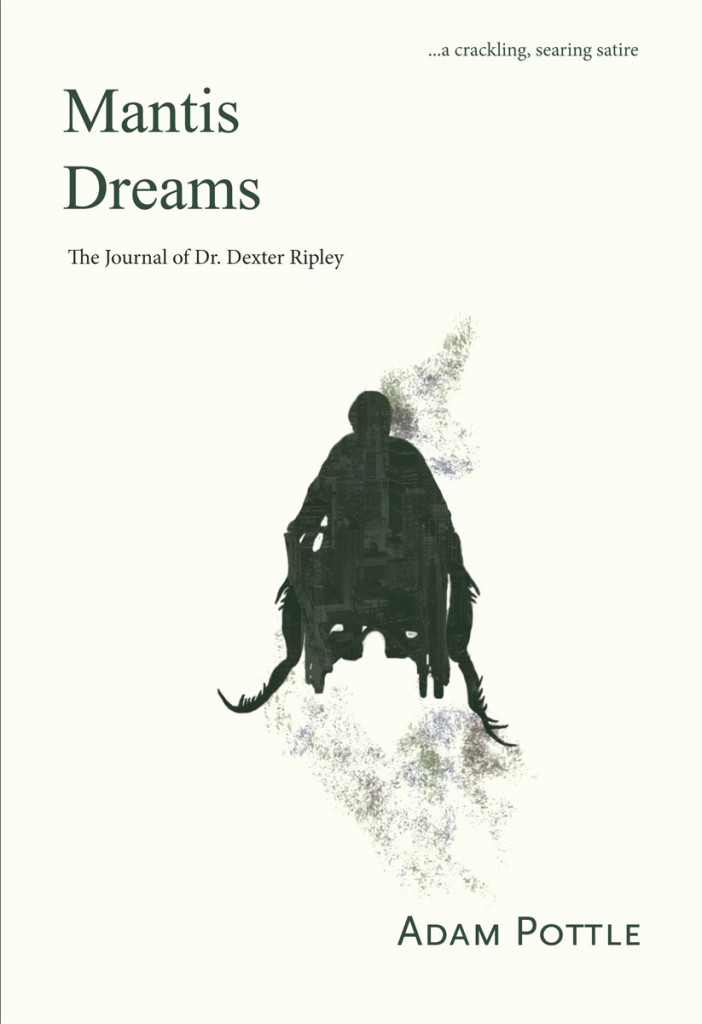
‘Inception’ movie review and analysis
By Sonam Kaloti, Arts Editor
2.5/5
In this column I review movies that are hugely popular in the Western world—ones which I haven’t seen before. This is a fresh and unbiased take on those classic films, without the rose-coloured glasses of childhood nostalgia influencing my perspective. Spoilers are ahead.
In a dream… in a dream… in a dream… in a dream maybe I liked Inception more. Sadly, with a roll of my eyes, I know that this is not a dream—so here’s my honest review of this movie.
Inception deserves credit where it’s due: the soundtrack is amazing. Though it’s already been said a million times, Hans Zimmer’s score is phenomenal. Just as important is the silence during scenes where the action speaks for itself in evoking emotion. The visuals and CGI are astonishing and had me continuously questioning the process behind them (the answer is Paul Franklin’s genius).
Inception incorporates many of my favourite tropes used to disturb humans’ comfortable perception of reality. For example, the if-you-die-in-your-mind-you-die-in-real-life trope plays a large role in season four of Marvel’s Agents of S.H.I.E.L.D, Doctor Strange’s intense visual experience of altered dimensional reality, and the infinite possibilities of being in a real lucid dream including the actual science behind our human subconscious (for example: any skill we learn in a lucid dream we retain in the waking world).
The plot, however, wasn’t the strongest. I believe that because the already long two-and-a-half-hour movie is attempting to tell such a lengthy story, it sacrifices the character development needed to create a connection between the viewer and the actors on screen. The only character who receives much of any development is Cobb, played by Leonardo DiCaprio. In comparison, at the climax of the film, we’re left wondering why Ariadne (Ellen Page) is even here? She has no personal stake in any of the situations that play out within the film. She has just met these far older, criminal men a few days prior, and suddenly she wants to not only help Cobb conquer his personal demons, but risks her entire life by joining the dangerous inception missions simply because she enjoys… architecture? I don’t buy it.
Before I begin delving a little deeper than surface level, I would like to mention that I know the movie is meantto be confusing. However, starting the movie right in the middle of an action scene where you have no idea what’s happening—despite its importance near the end of the film—does little to capture an audience, let alone hold enough weight for the audience to deem the scene important enough to remember for later on.
As the film progresses you begin to understand what is happening, yet as soon as you feel you have a grasp on the plot, it slips through your fingers immediately. If this confusion was brought on by the sheer complexity of the “inception” (aka, dreams) alone, then that would be justified. Yet, the audience’s experience is created more by the constant flood of information with little to no context to ground it. The plot unfolds through context for information being provided later on, which makes the audience feel as though they are intellectually unravelling the mystery of Inception—but really they’re just being told how everything works as the movie progresses.
In Vulture’s analysis of the film, the article reads, “The process of inception works, we’re told, by placing the simplest form of an idea deep into a character’s subconscious as they’re dreaming, through a series of suggestions that effectively lead the character to ‘give himself the idea’ (in the words of Tom Hardy’s master forger Eames).” While this is true, this is also exactly what the film does to each audience member. Through a series of suggestions throughout the movie—AKA revealing key contextual clues at critical intervals—the film makes the watcher think that they are deciphering the complexity of the film with their own intellect, even though they are not.
The Vulture continues, “And the subconscious, we’re told, is motivated by emotion, not reason, and that a positive emotion trumps a negative one.” It’s no wonder why Inception is as high ranking a film as it is—people enjoy feeling smart.

